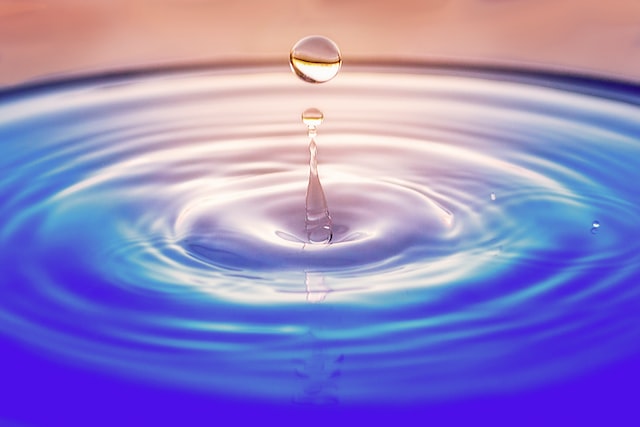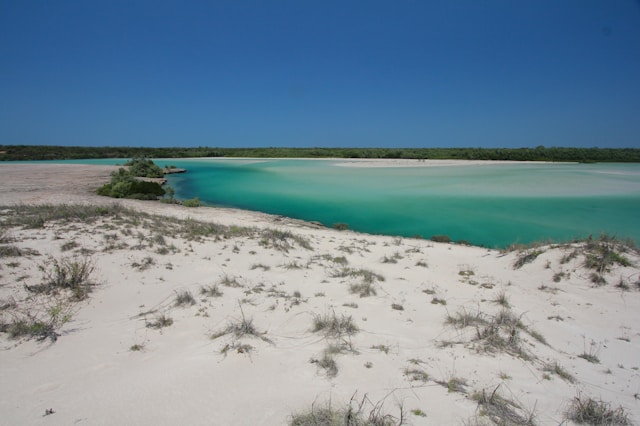Scientists are learning from the natural world and using biotechnology to solve problems in the human world.
A group of “membrane transporter engineers” at the Australian National University have developed new techniques to separate and extract valuable minerals, metals and nutrients from wastewater.
The technology could be used in agriculture, aquaculture, desalination, battery recycling and mining to develop more sustainable and less wasteful industries.
Every living thing is surrounded by a membrane barrier, and plants have evolved mechanisms that can identify and separate out different molecules, plant scientist Caitlin Byrt explained.
“Our challenge is to figure out what are those parts, how does that work and how we can apply them to an actual technology,” Associate Professor Byrt said.
She told AAP they looked for areas where the problem for industry couldn’t be solved with any other technologies.
The researchers are working with fisheries and the urban waste sector on nutrient extraction and with the mining industry on liquid waste.
The team also hope to find a future industry partner to use the methods in battery recycling.
“The super high-value molecules in our devices that we’re trying to use for renewable energy – batteries and solar panels – we have to be able to pull them back out again and reuse them,” Assoc Prof Byrt said.
Ammonia is another key resource scientists are looking to extract from liquid waste solutions, as the compound is used in fertilisers for food production.
“Fertiliser costs are going through the roof, which puts a lot of pressure on Australian farmers to be able to afford these higher prices and yet we’re wasting huge proportions of these molecules,” she said.
“Ammonia is also a critical storage molecule for hydrogen fuels.”
The emerging hydrogen fuel industry will be able to transport the stored hydrogen around and ultimately use it as a potential fuel source for fuelling cars and other technologies, she said.
Advances in the precision separation technology could also provide flood- and drought-prone communities across Australia with portable and safe drinking water.
The research has been published in the New Phytologist.
Marion Rae
(Australian Associated Press)





